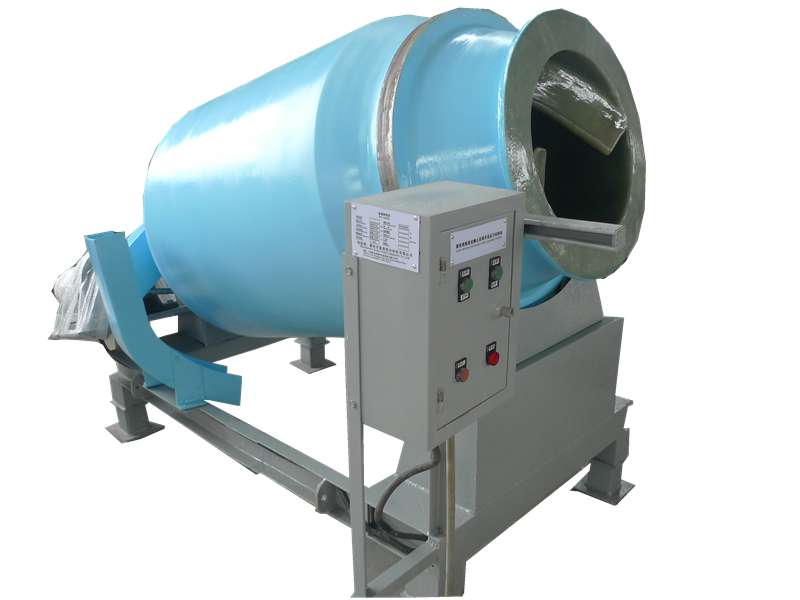
-
 Afrikaans
Afrikaans -
 Albanian
Albanian -
 Amharic
Amharic -
 Arabic
Arabic -
 Armenian
Armenian -
 Azerbaijani
Azerbaijani -
 Basque
Basque -
 Belarusian
Belarusian -
 Bengali
Bengali -
 Bosnian
Bosnian -
 Bulgarian
Bulgarian -
 Catalan
Catalan -
 Cebuano
Cebuano -
 China
China -
 China (Taiwan)
China (Taiwan) -
 Corsican
Corsican -
 Croatian
Croatian -
 Czech
Czech -
 Danish
Danish -
 Dutch
Dutch -
 English
English -
 Esperanto
Esperanto -
 Estonian
Estonian -
 Finnish
Finnish -
 French
French -
 Frisian
Frisian -
 Galician
Galician -
 Georgian
Georgian -
 German
German -
 Greek
Greek -
 Gujarati
Gujarati -
 Haitian Creole
Haitian Creole -
 hausa
hausa -
 hawaiian
hawaiian -
 Hebrew
Hebrew -
 Hindi
Hindi -
 Miao
Miao -
 Hungarian
Hungarian -
 Icelandic
Icelandic -
 igbo
igbo -
 Indonesian
Indonesian -
 irish
irish -
 Italian
Italian -
 Japanese
Japanese -
 Javanese
Javanese -
 Kannada
Kannada -
 kazakh
kazakh -
 Khmer
Khmer -
 Rwandese
Rwandese -
 Korean
Korean -
 Kurdish
Kurdish -
 Kyrgyz
Kyrgyz -
 Lao
Lao -
 Latin
Latin -
 Latvian
Latvian -
 Lithuanian
Lithuanian -
 Luxembourgish
Luxembourgish -
 Macedonian
Macedonian -
 Malgashi
Malgashi -
 Malay
Malay -
 Malayalam
Malayalam -
 Maltese
Maltese -
 Maori
Maori -
 Marathi
Marathi -
 Mongolian
Mongolian -
 Myanmar
Myanmar -
 Nepali
Nepali -
 Norwegian
Norwegian -
 Norwegian
Norwegian -
 Occitan
Occitan -
 Pashto
Pashto -
 Persian
Persian -
 Polish
Polish -
 Portuguese
Portuguese -
 Punjabi
Punjabi -
 Romanian
Romanian -
 Russian
Russian -
 Samoan
Samoan -
 Scottish Gaelic
Scottish Gaelic -
 Serbian
Serbian -
 Sesotho
Sesotho -
 Shona
Shona -
 Sindhi
Sindhi -
 Sinhala
Sinhala -
 Slovak
Slovak -
 Slovenian
Slovenian -
 Somali
Somali -
 Spanish
Spanish -
 Sundanese
Sundanese -
 Swahili
Swahili -
 Swedish
Swedish -
 Tagalog
Tagalog -
 Tajik
Tajik -
 Tamil
Tamil -
 Tatar
Tatar -
 Telugu
Telugu -
 Thai
Thai -
 Turkish
Turkish -
 Turkmen
Turkmen -
 Ukrainian
Ukrainian -
 Urdu
Urdu -
 Uighur
Uighur -
 Uzbek
Uzbek -
 Vietnamese
Vietnamese -
 Welsh
Welsh -
 Bantu
Bantu -
 Yiddish
Yiddish -
 Yoruba
Yoruba -
 Zulu
Zulu
Durable Fiberglass Solutions for Enhanced Corrosion Resistance and Long-Lasting Performance
Corrosion-Resistant Fiberglass for Enduring Durability
In an era where materials science plays a pivotal role in engineering and construction, the need for durable, long-lasting materials has never been more critical. One such innovation that has garnered significant attention is corrosion-resistant fiberglass. This composite material is not only lightweight and versatile but also boasts remarkable resilience against environmental factors that typically degrade traditional materials.
Corrosion has long been a challenge for industries that operate in harsh environments. Whether it’s the aerospace sector, marine applications, or chemical processing facilities, equipment and structures are continually exposed to corrosive elements such as saltwater, chemicals, and fluctuating temperatures. These conditions can lead to significant degradation over time, causing maintenance costs to soar and, in some cases, leading to catastrophic failures. This is where corrosion-resistant fiberglass stands out.
Fiberglass, a composite made of glass fibers and resin, has inherent qualities that make it an excellent choice for applications requiring resistance to corrosion. The composition of fiberglass can be tailored to enhance its durability further. By incorporating additives and selecting resins specifically designed to withstand chemical attacks, manufacturers can produce fiberglass products that significantly outlast their metal counterparts in hostile environments. For instance, isophthalic polyester or vinyl ester resins are often used due to their superior resistance to corrosive substances.
One of the most compelling advantages of corrosion-resistant fiberglass is its lightweight nature. In industries where reducing weight is crucial—such as aerospace and transportation—fiberglass provides the dual benefit of durability and reduced mass. This not only improves fuel efficiency in vehicles but also simplifies installation and transportation logistics. Furthermore, fiberglass can be molded into complex shapes, offering flexibility in design that metals cannot match.
'corrosion-resistant fiberglass for enduring durability.'

Another notable feature of corrosion-resistant fiberglass is its low thermal conductivity. This characteristic helps in maintaining thermal insulation in various applications, which can be particularly beneficial in environments subject to drastic temperature changes. By reducing energy costs associated with heating and cooling, fiberglass contributes to overall sustainability efforts in industrial processes.
The advantages of corrosion-resistant fiberglass extend to its maintenance requirements. Unlike metals that may require frequent inspections, coating, or replacement due to rust and other forms of corrosion, fiberglass typically needs minimal upkeep. This long life and reduced maintenance regime translate into lower lifetime costs for companies, making fiberglass an economically sound choice.
Additionally, the environmental footprint of fiberglass is becoming increasingly relevant. As industries seek to adopt greener practices, the longevity and recyclability of fiberglass make it an appealing option. Although fiberglass is not biodegradable, its durability means that it can remain in use longer, reducing the frequency of replacement and the associated waste.
In conclusion, corrosion-resistant fiberglass stands out as a superior material in the quest for enduring durability across various industries. Its resistance to environmental factors, coupled with lightweight properties and low maintenance requirements, position it as a material of choice for applications ranging from construction to manufacturing. As technology advances, we are likely to see even more innovations within this realm, ensuring that fiberglass remains at the forefront of materials science, offering sustainable and robust solutions for the challenges of the modern world. Embracing this material is not just a practical decision; it is also a strategic move toward a more resilient and sustainable future.
Latest news
-
High-Quality Fiberglass Car Bodies Durable GRP Car & Boat Body SolutionsNewsJul.08,2025
-
High-Quality Fiberglass Dual Lamination Product Manufacturer Durable FRP & GRP Dual Lamination SolutionsNewsJul.08,2025
-
Rectangular Tank with Dimensions for GRP Calculation Custom Fiberglass GRP Rectangular TanksNewsJul.07,2025
-
High-Quality Fiberglass Weir Custom FRP Weir & Fiberglass Tanks ManufacturerNewsJul.07,2025
-
CPVC FRP Pipe A Reliable Choice for Industrial Applications High Strength & Corrosion ResistanceNewsJul.07,2025
-
Fiberglass Scrubber for Effective Cleaning and Stain Removal – Superior Performance in Various ApplicationsNewsJul.06,2025









